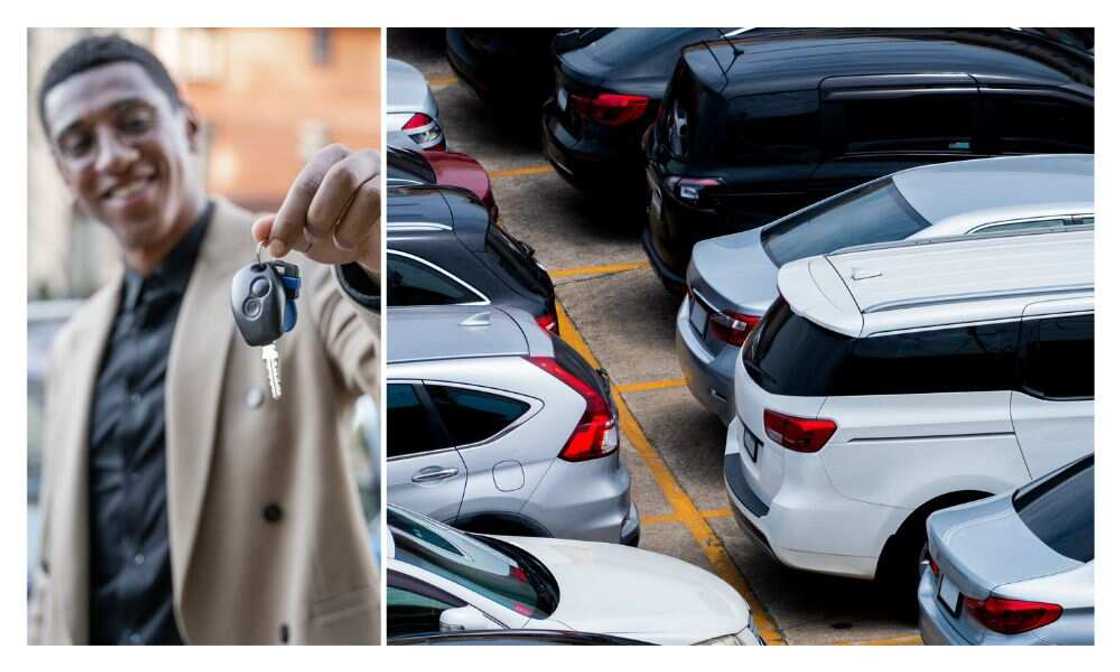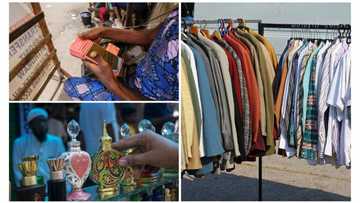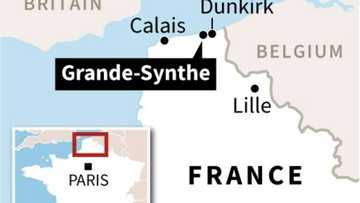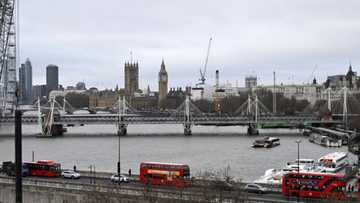FG’s Policy, Dollar Scarcity Spike Prices of Tokunbo Cars as Banks, Others Unveil Loan Options
- The recent policy of the Nigerian government has forced Nigerians to steer clear of imported or used Nigerian cars
- The increase in tariff on imported cars has also spiked the cost of cars which has driven it to an eight-year high
- However, there are car financing and funding loan options provided by banks and companies to help Nigerians access cars
PAY ATTENTION: Сheck out news that is picked exactly for YOU ➡️ click on “Recommended for you” and enjoy!
Amid the skyrocketing prices of used cars caused primarily by the recent increase in import tariffs on used cars, Nigerians are steering clear from them.
Experts say that paying high Customs tariffs on imported cars, inflation, and foreign exchange scarcity in Nigeria have affected the costs of imported goods, mainly used vehicles.

Source: Getty Images
Prices of foreign cars soar in Nigeria caused by government policies

Read also
"I earn N1m per Month:" 11 side Hustles millionaire says you can start with N50,000 and earn Extra cash
The foreign-used Volkswagen Golf prices, which cost about N350,000 and N450,000, now sell for about N2 million and above, depending on the model and year.
PAY ATTENTION: Join Legit.ng Telegram channel! Never miss important updates!
Findings show that foreign-used and Nigerian used car prices have spiked over the last eight years.
BusinessDay reports that the Volkswagen Golf car, which sold between N400,000 and N450,000 eight years ago, is now selling for N2.4 million and N2.6 million. Foreign-used Toyota Camry model car, which sold for about N75O 000 and N850,000 eight years ago, now sells between N3.5 million and N3.7 million.
Also, foreign-used Honda Accord cars sold for N750,000 and N800,000 within the same period now sell for as high as N4.5 million or more.
Last year, the Nigeria Customs Service introduced an automated valuation system for foreign cars known as Vehicle Identification Number (VIN), which has been blamed for the hike in prices of vehicles.
The tariff hike also led to a drop in the volume of cars imported into Nigeria in the first quarter of 2023 to a total of 51,782 vehicles from 97,132 units imported in the same period of 2022.
Dollar scarcity drives high cost of imported used cars
The volatility of foreign exchange also increased the prices of cars and other commodities, mainly imported items.
For instance, in 2015, the naira to dollar exchange rate was about N197 per dollar on the black market but now has fallen to around N745 per dollar.
The development means car dealers and importers will require more forex to buy cars compared to how much they bought them eight years prior.
Top Funding options for car financing
In light of the increasing prices of new and used cars, some companies, including banks and auto financing firms, have unveiled plans for Nigerians to access car financing.
Autochek
An auto financing company, Autochek provides car loans to Nigerians, whether foreign-used or brand-new cars.
In an interview with Legit.ng in August last year, Mohammed Iyamu, the Managing Director of Autochek said the company leverages technology, data, knowledge, and experience to provide affordable car loans to buyers and sellers and also provides them with top-notch maintenance and after-sales services.
According to him, he has been involved in the digitization platforms or sales process across Africa. Starting in 2009, Iyamu said he focused on using technology to drive the space and move into other ventures where he could make it easier for others to transact and sell their cars.
Customers can process the can loan in 24 hours, and it comes from partners such as Ecobank, Access Bank, Stanbic IBTC, and others with unique funding options.
FirstBank auto loan
The tier 1 Nigerian bank has developed a car funding loan to help Nigerians to buy their dream car.
Nigerian registered businesses can also apply for the loan option for their daily activities.
The bank offers an auto loan of up to N15 million, a maximum tenor of 48 months, and an interest rate of 22 per cent.
Access Bank vehicle finance
The Access Bank conglomerate designed its vehicle finance product to allow customers to buy their dream cars conveniently.
Authorized dealers sell the bank’s financed vehicles and offer car loans to a maximum tenor of 48 months.
FCMB auto loan
FCMB auto loan is a credit scheme allowing customers to conveniently own the car of their dream and spread payments over some time.
Cars45/Jiji Cars auto loan
The online marketplace, Jiji, partners with the indigenous car swap and marketing company, Cars45, to sell used cars in Nigeria.
It offers car loan options to help customers finance the purchase of their vehicles.
Cars45, now known as Jiji Cars, developed the loan option for those with a proven source of income with an interest rate of 28 to 48%, depending on the vehicle type.
They offer a maximum loan tenure of 18 months.
Creditville
It is a digital lending platform in Nigeria providing soft loans to customers to cater to their various needs.
Creditvile also offers auto loans to customers and developed the product to enable them to purchase vehicles of their choice effortlessly.
UBA auto loan
The Nigerian tier 1 bank offers loans to its customers.
The UBA auto loan option is developed to help customers upgrade their cars to a higher model or outrightly buy new ones.
The option gives customers a maximum loan amount of N15 million and a maximum repayment period of 48 months.
FG releases new Details as the value of Tokunbo cars in Nigeria falls by 47% in 2022
Legit.ng reported that according to the National Bureau of Statistics (NBS), the value of used vehicles dropped by 47% in 2022, to N335.05 billion from N617.48 billion in 2021.
The NBS data says that used cars with diesel or semi-diesel engines cost around N72.32 billion to import in Q1 of 2022, N96.76 billion in Q2, about N90.77 billion in Q3 and N65.19 billion in Q4 of 2022, computing about N325.05 billion.
Compared to 2021, vehicle dealers brought in N174.22 billion worth of used vehicles in Q1, N172.07 billion in Q2 of 2021, N185.41 billion in Q3 of 2021, and N85.77 billion in the fourth quarter of 2021, amounting to N617.84 billion.
Source: Legit.ng







